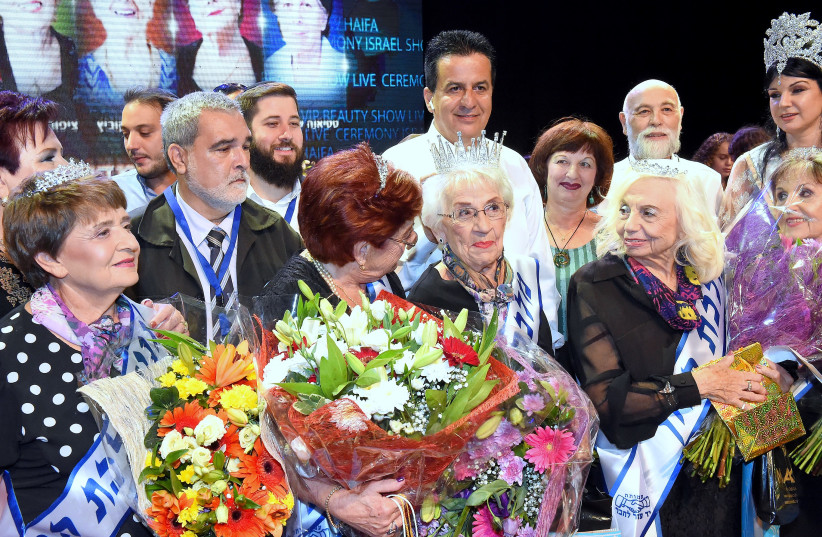Salman Kablan, a 15-year-old Druze Arab teen, along with friends from the ORT Arad high school they all attend, started an initiative to help the Holocaust survivors in their city learn how to use computers.
Salman, whose family are the only ethnic Druze Arabs in their city of Arad, says he already knew a few elderly people – some of whom are Holocaust survivors – in his neighborhood. “I would visit them and check on them. I felt their pain and that I had to do something for them.”
Salman, along with friends, partnered with the Connected (Mehubarim) project to visit a pair of Holocaust survivors every week, helping them use online tools create a Facebook page, use software to record their family tree, and listen to their personal stories from the time of the Holocaust.
“I am 88 years old and I have only recently begun to understand what to do with the computer. They explain to me how to sign up for Facebook or to order products. They also help me build a family tree on the computer because I had a very large family,” says Michael Rubinczek, an Arad resident from Leningrad, Russia, in modern-day Saint Petersburg.

His wife, Nella, recounts how they were forced to flee Leningrad for the infamously frozen tundra of Siberia. “We lived in a hut with no heat, the food was very limited and we were quite hungry, but we stayed alive Baruch Hashem,” she says. Nella has become very active in various Facebook groups.
Thanks to the initiative – organized by the Foundation for the Welfare of Holocaust Survivors, the ORT Schools Network, the Israeli Ministry of Social Affairs and the British Jewish organization JNF UK – Holocaust survivors have also received internet connections and hundreds of computers.
“As we mark International Holocaust Remembrance Day, in these days when the UN has decided to fight Holocaust denial and as the Omicron strain runs rampant, it is important not to forget the elderly Holocaust survivors, some of whom live in solitude,” said Samuel Hayek, the Chairman of JNF UK and partner in the Connected project. “The connection between them and the youth in Arad, regardless of religion, allows them to feel part of the community and not be forgotten in old age.”
